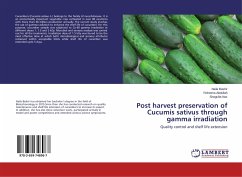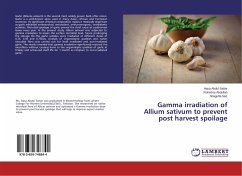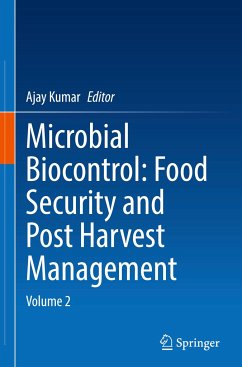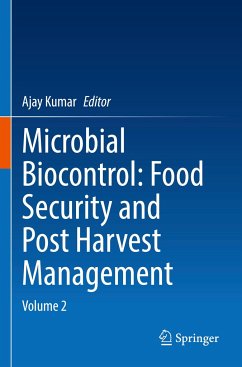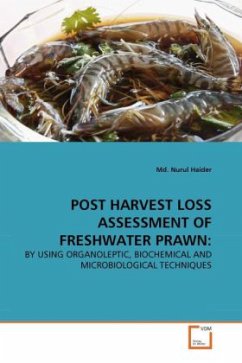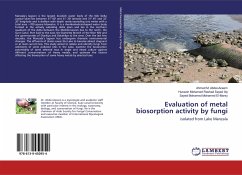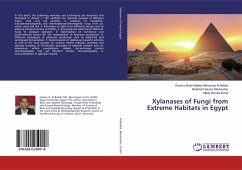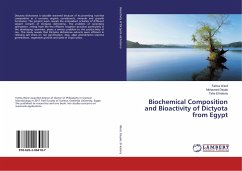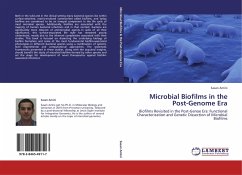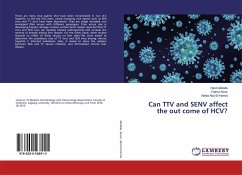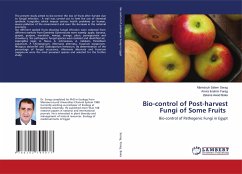
Bio-control of Post-harvest Fungi of Some Fruits
Bio-control of Pathogenic Fungi in Egypt
Versandkostenfrei!
Versandfertig in 6-10 Tagen
41,99 €
inkl. MwSt.

PAYBACK Punkte
21 °P sammeln!
The present study aimed to bio-control the loss of fruits after harvest due to fungal infection . A trail was carried out to limit the use of chemical synthetic fungicides which impose serious health problems on human, severe pollution of the environment and even the decrease in the national economy.Ten different spoiled fruits showing fungal infection were collected from different markets from Damietta Governorate were namely: apple, banana, grapes, guajava, mandarin, mango, orange, plum, pomegranate and strawberry. Ten pathogenic fungal species were isolated and identified viz; Aspergillus n...
The present study aimed to bio-control the loss of fruits after harvest due to fungal infection . A trail was carried out to limit the use of chemical synthetic fungicides which impose serious health problems on human, severe pollution of the environment and even the decrease in the national economy.Ten different spoiled fruits showing fungal infection were collected from different markets from Damietta Governorate were namely: apple, banana, grapes, guajava, mandarin, mango, orange, plum, pomegranate and strawberry. Ten pathogenic fungal species were isolated and identified viz; Aspergillus niger, A. flavus, A. ochraceous, A. nidulans, Penicillium expansum, P. Chrysogenum, Alternaria alternata, Fusarium oxysporum, Rhizopus stolonifer and Cladosporium herbarum. By determination of the percentage of fungal occurance, Alternaria alternata and Fusarium oxysporum were the most prevelant species and selected for the further study.



